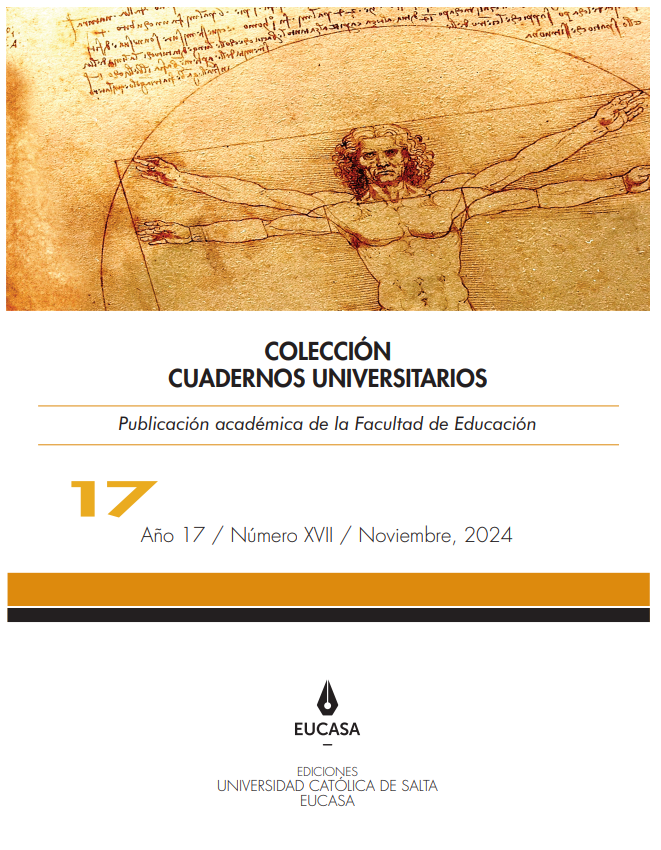Consensual curriculum and ethics of discourse
Reflections on the proposal of J. Habermas and Education
Abstract
In this work, the notion of curriculum in education and the way in which it is constructed and naturalized in everyday educational praxis are problematized. The aforementioned problematization is based on the general developments of Discourse Ethics in its Habermasian version. In this sense, in 1) some general considerations of J. Habermas's proposal are presented, in 2) the reflections that the German author carries out in the work Knowledge and Interest are synthesized and systematized, for the purposes of this article, In 2.1) the relationship between theory and praxis is problematized and, finally, final considerations are presented. Far from seeking a conclusive and closed character, they seek openness to critical discourse and reflective exchange around the problem.
Downloads
References
• Habermas, J. (1973), Erkenntnis und Interesse, Frankfurt: Suhrkamp
• Habermas, J. (1985), Der philosophische Diskurs der Moderne, Frankfurt: Suhrkamp
• Habermas, J. (1992), Faktizität und Geltung, Frankfurt: Suhrkamp
• Habermas, J. (1998), Facticidad y validez, Madrid: Trotta
• Habermas, J. (2004), Wahrheit und Rechtfertigung, Frankfurt: Suhrkamp
• Michelini, D. J. (2007), “Discurso y solidaridad en Karl-Otto Apel”, en: M. Figueroa, D. J. Michelini (Eds.), Filosofía y solidaridad. Estudios sobre Apel, Rawls, Ricoeur, Lévinas, Dussel, Derrida, Rorty y Van Parijs, Santiago de Chile: Ediciones Universidad Alberto Hurtado
Copyright (c) 2024 Eduardo Ovidio Romero

This work is licensed under a Creative Commons Attribution-NonCommercial-ShareAlike 4.0 International License.







